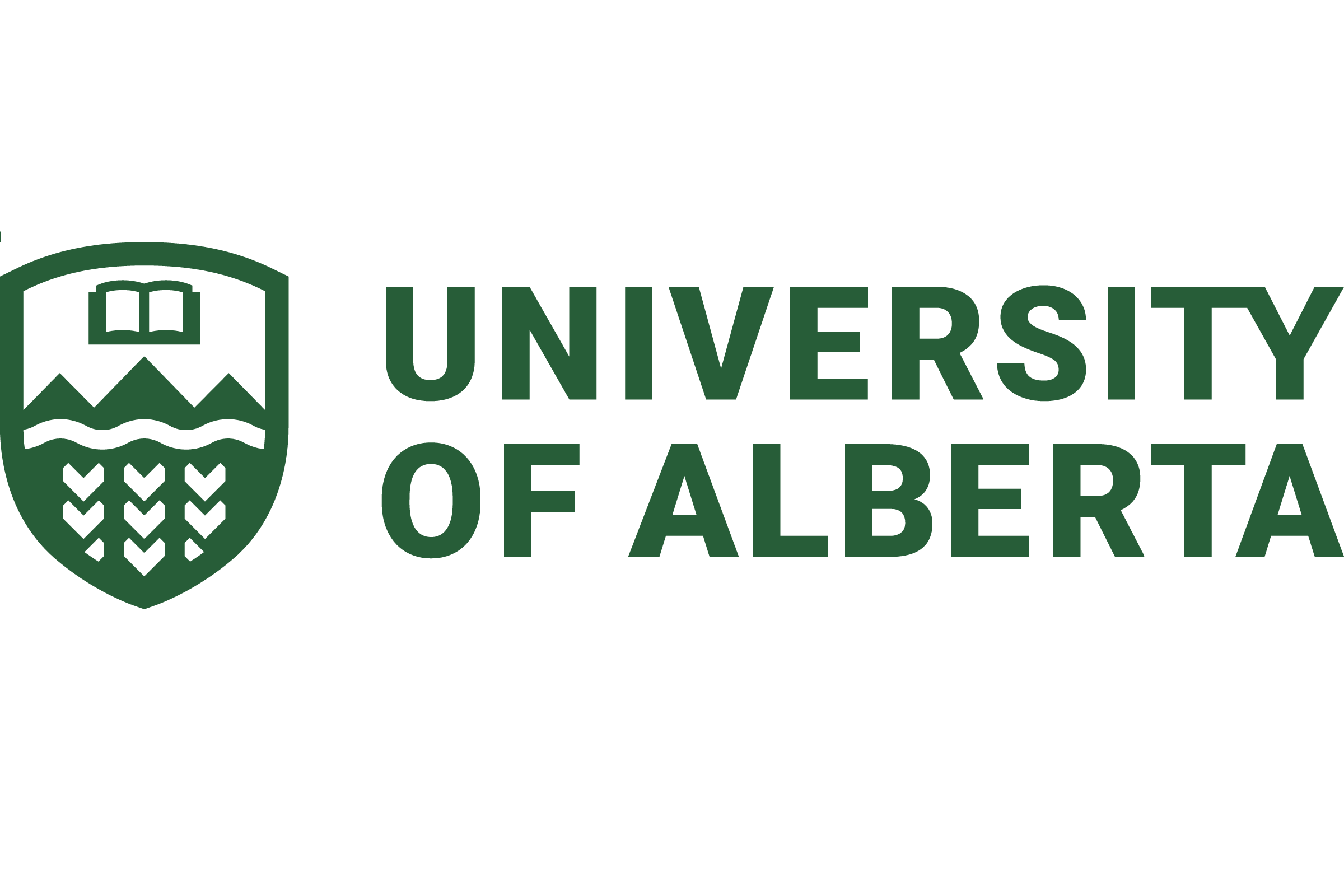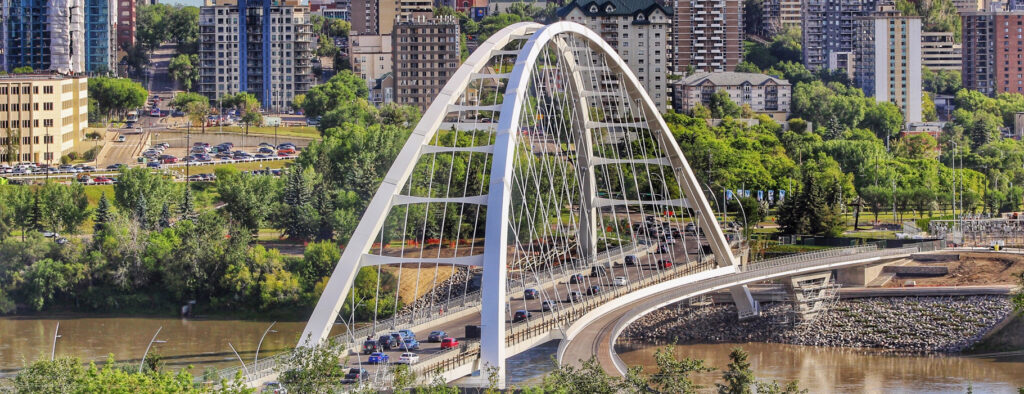

Our primary training site is a public health reference laboratory situated within a tertiary care hospital.
Our other main laboratory training site is a high-throughput community lab serving multiple hospitals and communities, providing the opportunity for residents to learn bread-and-butter microbiology.
Flexibility within our program allows our trainees to pursue special interests and initiate further training in a chosen area.
We have active molecular diagnostics, whole genome sequencing and transplant diagnostics departments within our clinical laboratories.
Electives are encouraged. Most trainees complete a rotation at the National Microbiology Laboratory in Winnipeg.
Edmonton is a vibrant city with friendly people and a busy restaurant and arts scene.
The Edmonton river valley is the largest urban park system in North America.
There are festivals throughout the year in the city.
The cost of living is very reasonable.

In our five-year program we have: one basic clinical year, one infectious diseases year, two core laboratory years and one elective/selective year. Except for the basic clinical year, rotations in these areas are usually spread out over four years.
Flexibility is possible and encouraged. This ensures good access to a broad range of experiences, in and out of the province and Canada. Residents have taken part in electives at the National Microbiology Laboratory (Winnipeg), the Centers for Disease Control and Prevention (Atlanta), the BC Centre for Disease Control, the Mayo Clinic (Rochester) and other sites in Manila, Australia, Hong Kong and South Africa.
Call load follows the Professional Association of Resident Physicians of Alberta (PARA) agreement. When on Microbiology rotations after the first year of residency, call is done from home and the workload is usually light but it involves coming in for several hours on weekends.
We are involved in outbreak investigations, clinical consultations, lab problem-solving, meetings, teaching and research.